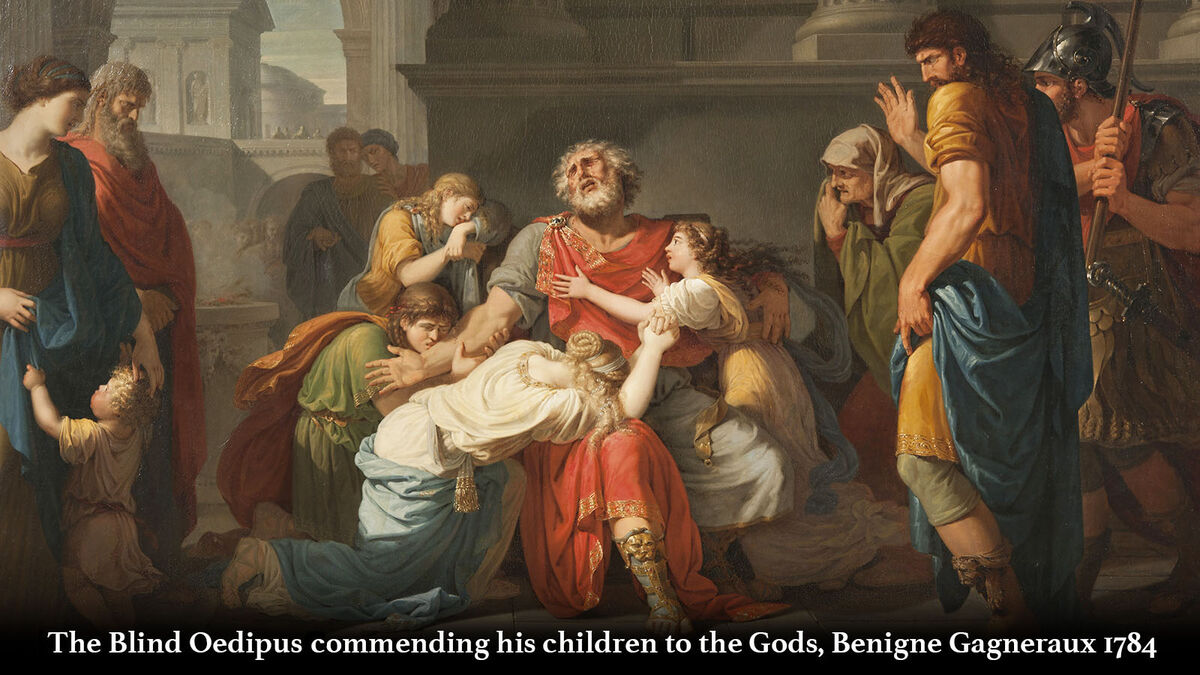
You’ll find ample tragic hero examples in literature. Just crack open a book on Greek mythology, and you will meet several tragic heroes. Learn what defines this archetype and discover a few memorable tragic hero examples.
What Is a Tragic Hero?
Literature, movies, and plays are full of heroes. As a reader, you root for them and feel their defeats. However, tragic heroes are a special type of hero. A tragic hero isn’t perfect. Instead, they are virtuous characters with a fatal flaw that leads to defeat and suffering.
Aristotle’s Characteristics of a Tragic Hero
Aristotle was famous for classifying the characteristics of a classic tragic hero. In his classification, a tragic hero needed to meet a few criteria.
- Virtuous - A tragic hero should be a good and noble person of high stature. Their noble characteristics make them compelling while their stature ensures their decisions are far-reaching.
- Tragic flaw - Every tragic hero must have a tragic flaw or hamartia. In classic literature, this was typically their pride. While pride could be a good thing, excessive pride proves to be fatal to their character.
- Tortured - Tragic heroes typically suffer from horrible bad luck or a bad choice, and their handling of that luck leads to suffering. They also suffer and are tortured inwardly by their conscience, leading to a double whammy.
- Audience response - Because a tragic hero is a good character, the audience feels the misfortune they suffer. This is called catharsis.
- Death - Typically, but not always, tragic heroes die. If they don’t die, they experience great suffering.
Tragic Hero Examples
Classic literature is full of Aristotelian tragic heroes. These characters follow the typical guidelines.
Oedipus
When it comes to tragic heroes that follow Aristotle's model, Oedipus is your main man. Not only is he an influential king, but he’s full of pride and self-righteousness. While he did kill his father and marry his mother, the ultimate choice that sent him down a road to tragedy was trying to change his fate. The fact that Oedipus was overall a good person and king makes him relatable to the audience, and they get sucked into his story. In the end, Oedipus dies but not before a whole lot of suffering.
Romeo Montague
The story of Romeo and Juliet by William Shakespeare is a tragedy. Therefore, it shouldn’t be a shocker Romeo is a classic tragic hero. When it comes to his tragic flaw, it’s his obsessive love of Juliet and his impatience. Rather than thinking something afoul might be at play when he finds his poisoned wife, he just sucks down the poison himself, leading to his tragic demise.
Creon
In the classic Antigone, Creon is a tragic hero. While he doesn’t die at the end of the work, his entire family does. Talk about suffering. His tragic flaw is his excessive pride, which stops him from allowing Antigone to bury her brother. Though in the end, Creon sees the errors of his ways and wants to let Antigone bury her brother, it’s too late because she’s died. Her death leads to the deaths of Haemon and then Creon’s wife.
Jay Gatsby
Some tragic heroes adhere to Aristotle’s structure perfectly. However, as drama has advanced, so have the ideals of a classic tragic hero. For instance, consider Jay Gatsby from The Great Gatsby by F. Scott Fitzgerald. He wins the hearts of the audience with his charm and backstory. However, his tragic flaw is the pursuit of the American ideal, which is unachievable, especially with the flawed Daisy. But this ultimately leads to his death after he’s killed by George for the accident Daisy caused.
Peter Pan
Another a-typical classic tragic hero is that of Peter Pan by J.M. Barrie. Peter's tragic flaw of not wanting to get old and grow up leads him down a road of trouble. While Peter is charismatic and likeable to the audience, his forgetfulness and cruelty are apparent. For example, he mocks Wendy at Mermaid Lagoon. In Barrie's tale, he makes it abundantly clear that, “All children, except one, grow up”, meaning Peter is always tragically left alone.
Defining a Tragic Hero
As literature has progress, the tragic hero has taken on a revised form. For example, Peeta of The Hunger Games and Severus Snape of the Harry Potter series include aspects of a tragic hero. However, skimming through classics can always find you Aristotelian tragic hero examples.
With a clear understanding of what a tragic hero is, check out what dramatic irony is. You might also want to look into how various heroes fit into different genre types.